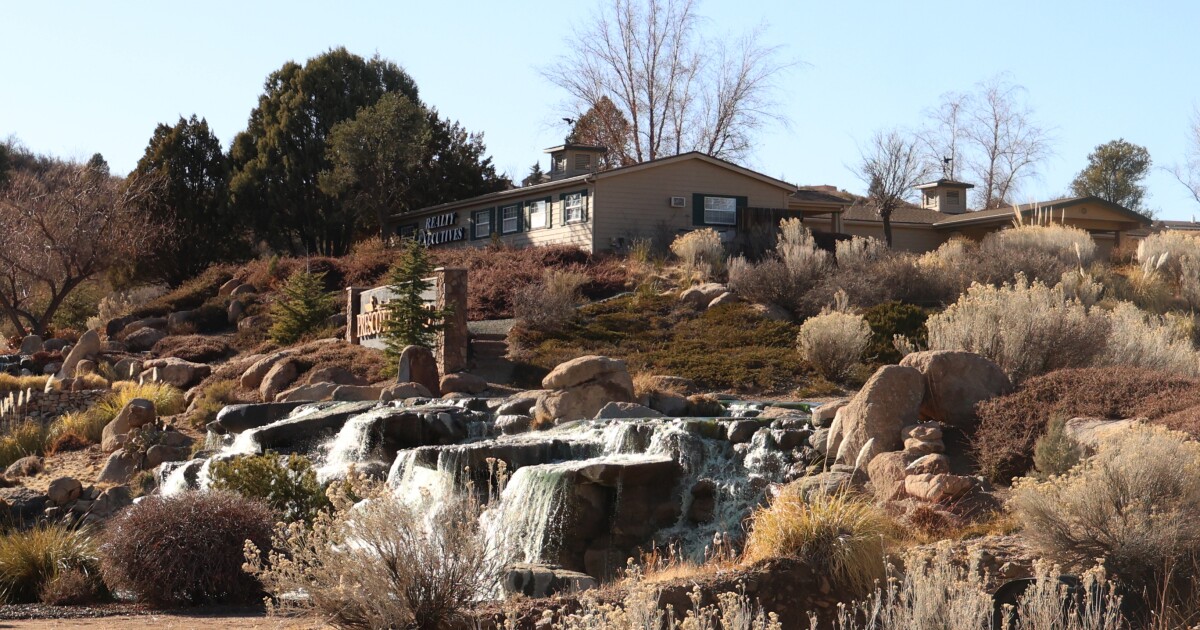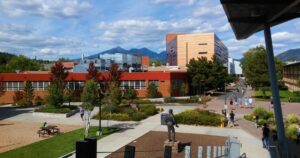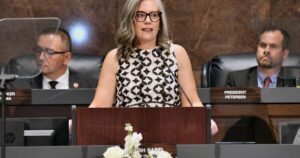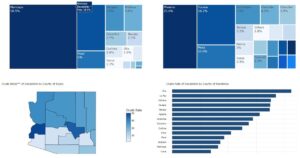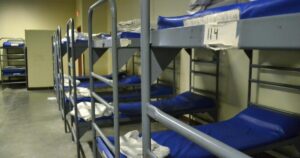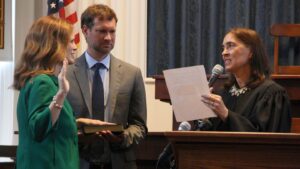Arizona Mayors Urge for Local Control Over Short-Term Rentals Amid Rising Concerns
In northern Arizona, mayors are advocating for the return of local authority over short-term rental regulations, expressing concerns over a 2016 state law that limits their ability to address community-specific issues. The legislative change, sanctioned by Governor Doug Ducey, removed the power of municipalities to restrict vacation rentals.
During a February forum, mayors from various northern Arizona counties highlighted the challenges posed by the proliferation of short-term rentals. They identified several issues including difficulties in workforce recruitment, increased housing costs, and disruptions within neighborhoods.
“Our residents have property rights just like the owners of those mini-hotels, and yet the state legislators turned a blind eye to the very folks that came to Arizona and invested in a home,” remarked Sedona Mayor Scott Jablow.
Lake Havasu City Mayor Cal Sheehy discussed the long-standing presence of short-term rentals in his area, attributing it to the city’s proximity to Lake Havasu and the Colorado River. He argued that local governance could effectively mitigate the associated challenges.
“Lake Havasu City has had short-term rentals since the 1970s, so it has always been a part of our market mix and we have had the ability to control it at the local level,” Sheehy explained. “When we had that control, we were able to carefully balance the impacts of short-term rentals, and having neighbors in neighborhoods, and allowing our neighbors to be able to sleep at night.”
According to Jablow, the surge in short-term rentals in Sedona has not only disrupted the community fabric but also hindered growth in sectors like healthcare and education. The housing shortage has impacted Northern Arizona Healthcare’s ability to attract candidates, while local schools face funding challenges due to declining student numbers.
Prescott Mayor Phil Goode reported a 60% rise in short-term rental properties over five years, generating $25 million in economic activity. However, he noted that this growth has strained city resources, particularly in terms of addressing noise and trash complaints.
“I think it’s valuable to have some of that income generation … but at a certain point they start to become problematic,” Goode stated.
Jablow pointed out that neighborhoods without homeowners associations struggle to limit rental numbers, leading to an influx of short-term properties. “These are not neighborhoods, they are mini-hotels,” he said, describing areas with multiple adjacent short-term rentals.
Despite several legislative attempts to curb short-term rental expansion, no bills have advanced this session. Real estate broker Christy Walker, who owns a short-term rental, questions whether these rentals are to blame for municipal financial issues or if the lack of permanent neighbors is a significant concern.
Walker cautioned that restricting rentals could solve some housing problems but would also reduce city revenues, stating, “The more you limit the economy and the availability of them (short-term rentals), the higher the rates go for people visiting, and so that creates a whole different set of problems.”
Walker also highlighted that many short-term rentals serve as secondary homes for owners seeking to offset costs or plan for retirement. “I don’t know that those people should be limited from being able to have their expenses offset by renting it out temporarily,” she said. Her own experience transitioning a problematic long-term rental into a short-term one was positively received by neighbors.
“It’s become a lifeline for the community,” Walker noted. “We have neighbors now that thank us for changing it. … They appreciate the fact that it’s just a simple house where families come to enjoy a few days to relax and enjoy a vacation.”
For more stories from Cronkite News, visit cronkitenews.azpbs.org.

